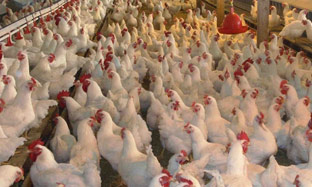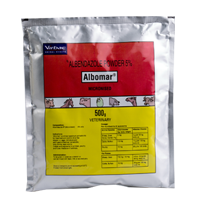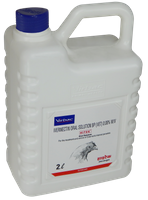
How to raise chickens in your garden
A native or hybrid hen in the garden gives pleasure of picking up fresh eggs and looks more lucrative!!! Having two or three hen in your garden has several benefits:
A chicken lays one egg in 26–27 hrs! For table eggs its not necessary to have a rooster with your chickens, as long as you do not want hatching eggs. If you want fertilized eggs, you should keep cock in between hens. If you are planning to buy a rooster, remember that it sings at dawn, the rooster’s singing is very pleasant, but may quickly become a source of conflict with neighbours. The number of eggs varies according to the breed of the chicken, but is between 150 and 300 per year.
Corner in the garden is mostly reserved for hen. Separate wire fencing is placed in garden for henhouse, that allows birds to shelter in the evening and night and saves from predators. These hen houses have a nest of straw to lay eggs so that the eggs are not broken. The problem is that in a few weeks, the soil within the enclosure is nothing more than a dirt floor.
For maintain natural habitat of chickens, they must be able to freely access, during the day, a garden that will allow them to maintain welfare of birds i.e ‘stretch’ their legs, perch in trees, snort in the ground and peck in all corners. Pen should be open during day time and do not forget to close it at night to prevent wild animals from entering.
The shelter in which your hens are housed must be spacious to accommodate one or more nests which ultimately depends on number of hens you have.
There is usually one nest for 4 to 7 hens. It is recommend about 18cm of perch length per hen. If you place several perches, the dominant hen will go to the top perch.
Backyard poultry farming can be managed by feeding household waste management, which is constantly increasing, is a problem that concerns us all. Raising a few chickens will allow you to significantly reduce the volume of your organic waste, as a hen can consume nearly 150kg organic waste of it per year.
You can enhance their meals with fruits and vegetables which are not edible to human beings You can also distribute freshly cut grass from the garden. The peelings of your unprocessed fruits and vegetables can be given but it is not what they prefer. Avoid raw potatoes and citrus fruits.
Chickens are often fed table scraps (peelings, stale bread, and leafy vegetables) as treats, but excessive table scraps and greens can adversely affect egg production. The total supplementation of table scraps and scratch grains should be no more than chickens can finish in 20 minutes. Hens, who love to scratch the earth, will find small snails, slugs, earthworms, chippings, grass and insects.
Make sure to remove all the remains that the end of the day to aviod attracting pests (rats, mice, insects), but also avoid digestive disorders related to fermented foods. Make sure however that they do not become ‘leftover bins’; their health could suffer. Do not forget to opt for deforming when raising backyard chicken.




